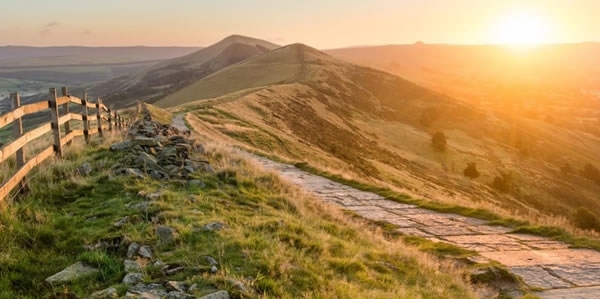
The Game & Wildlife Conservation Trust is excited about the government’s new 25 Year Environment Plan. The government has listened to us and pledged to:
- cut excessive regulation, rather than increase it
- reward farmers that achieve measurable environmental outcomes
- seek to work with farmers, rather than against them
- be realistic about modern farming and the use of chemicals
- link increased biodiversity with economic prosperity
- consult on a new grant scheme for woodland planting and include pest control
What is noticeable is the sheer volume of recommendations which were exactly what we advocated:
Changing subsidies – to ensure these are linked to positive environmental outcomes. Now we would like to support Defra with its farmer consultation - to ensure changes are based on scientific evidence and practicality.
Encouraging farmers to get involved – through cutting bureaucracy, making the application processes simpler and provision of expert advice to farmers (research shows this alone can increase biodiversity by 20%).
Trusting farmers – rather than relying on state SSSI designations, allowing landowners to establish Conservation Covenants. This enables the people that know and understand land the best to design their own long-term conservation plans.
Conservation from the ground up – seeking to engage as many farmers in environmental stewardship by making the application process simpler, then supporting the GWCT’s Farmer Cluster concept to boost biodiversity in the landscape.
Economic prosperity and conservation go hand in hand:
a) if as envisaged, wildlife is valued properly, it is then possible to off-set the impacts of a building development – to achieve better outcomes for wildlife than there were before.
b) Outside the EU our agro-forestry trials can expand. This allows us to: plant trees, produce fuel and timber, graze livestock and grow crops.
Pest control – the new importance of protecting trees from squirrels and deer will be welcomed by those planting them.
Valuing wildlife - we welcome the idea of giving nature a value, however we are keen to work with Defra to establish exactly how wildlife will be included in this model.
Neonics – No outright ban - their use to protect crops that flower in their second year, such as kale to feed birds, continues.
Pesticides – the focus is on reducing impact - not their use. We support this approach.
Grass to be included in arable rotations to improve soil health – something we have been championing at the GWCT’s demonstration farm, the Allerton Project.
GWCT Director of Policy Dr Alastair Leake said:
“Farmers across the UK should congratulate the Government for rejecting proposals from those that lobbied voraciously for greater statutory regulation, inspection and punitive fines. Instead they recognised farmers are committed to protecting the environment and set out a vison to work with them. Their overall approach of linking biodiversity with increasing prosperous farming is refreshing to read – as are the inclusion of so many recommendations made by the GWCT.”
You can help us to propose a better farming policy post-Brexit
With your support, we can make a real difference to conservation policy in Britain. By getting our research into the hands of politicians and the public, we can keep conservation policy on track and make sure that we give a voice to those who are working hard to improve the future for wildlife in our countryside.
£25 could help us to turn our research papers into easy, digestible summaries for ministers and civil servants
£100 will help us to give the wider public a true picture of what is being done for wildlife on farms and estates
£250 allows us to monitor how the media report on the role of farming and fieldsports in conservation and correct misinformation
Donate here >